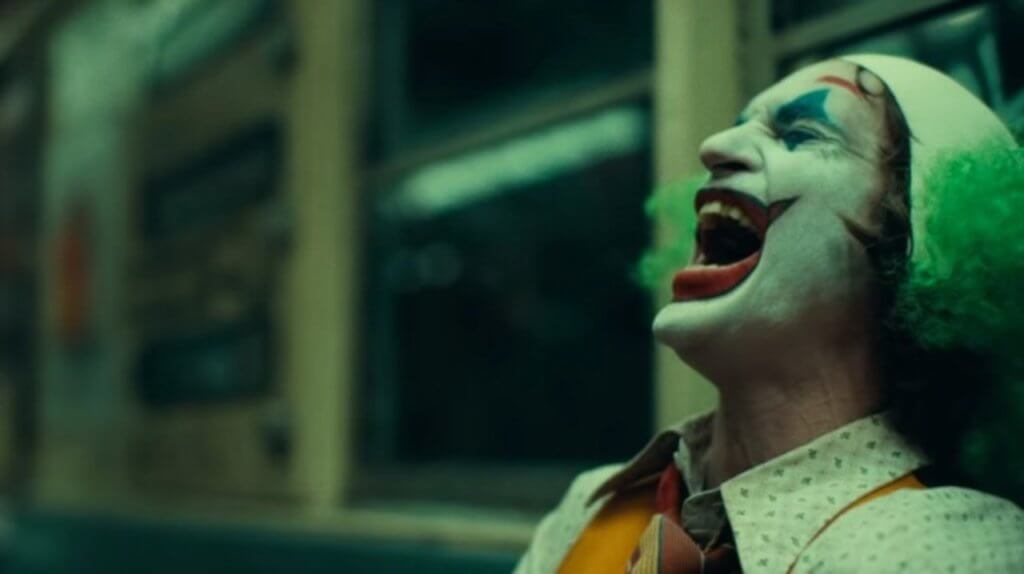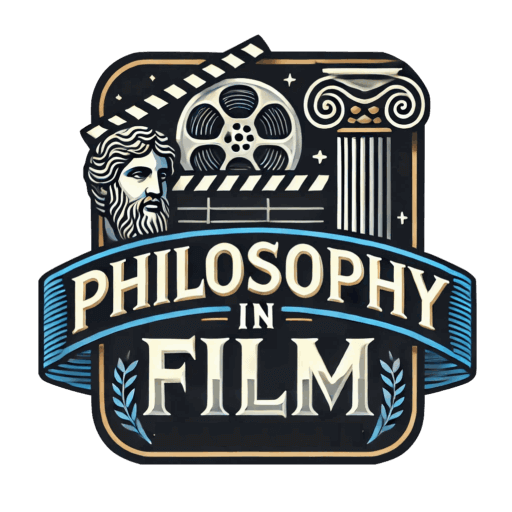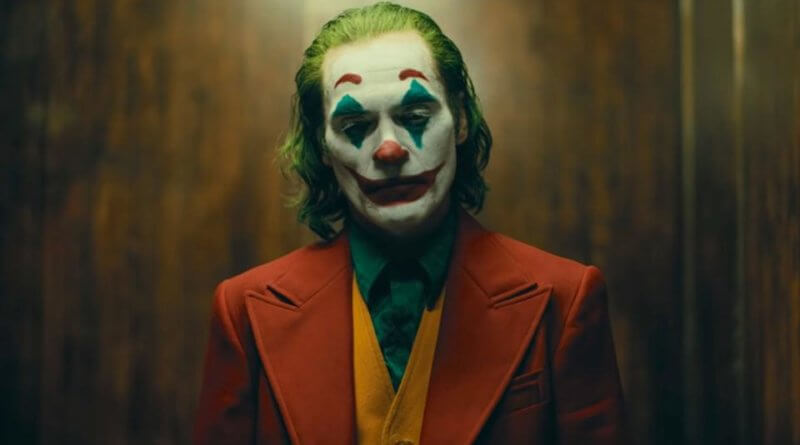Review: Joker (2019) ★★★½
The most recent adaptation of the DC Comics villain has divided audiences and critics more than any other, and for good reason. Todd Phillips’ Joker (2019) is definitely a comic book movie, but it deviates from the vast majority of existing comic book adaptations in a number of important ways. First and foremost, Joker got a much-deserved R-rating from the MPAA. While this is certainly not unheard of, it is most often reserved for lesser-known comic book characters. The Joker is possibly the most recognizable and popular comic book villain of all time; making a film about an extremely popular character, and then making it markedly dark and sinister compared to other films inspired by comics was a bold choice, to say the least.
Secondly, Todd Phillips’ Joker (co-written by Scott Silver) has nothing to do with superheroes, even though every other film set in Gotham City centers on Batman. In fact, the titular character in Joker is anything but a superhero. He doesn’t have special powers. He’s not rich, famous, or handsome. Joker is superhero-adjacent, but it is really not a superhero movie in any way, shape, or form.
Finally, Joker was not marketed as your typical, run-of-the-mill comic book adaptation. There were no trailers with eye-popping special effects, over-the-top fight sequences, or cheesy one-liners from someone wearing a cape. The official trailer portrayed the film as a character study, devoid of the qualities we have come to expect from Batman, Superman, The Avengers, and all those other movie adaptations I can’t stand.
This brings us to the debate which has riled up diehard comic book fans and casual moviegoers alike: is Todd Phillips’ Joker an art film or a comic book movie? This question presupposes that a film cannot be both, which is the opinion that I generally hold. To call anything an “art film” is inherently subjective and problematic, but generally, in order to qualify as an art, a film must deviate from past works and, ideally, deviate from the norms of Classical Hollywood Cinema in meaningful ways. Comic book movies don’t do this. In fact, comic book movies are popular because they conform to a derivative, predictable style.
Joker is a comic book movie by default, but stylistically, it draws more from Martin Scorcese than Joss Whedon. The problem is that comic book stories lend themselves to the mediocre “style” of movies like The Avengers or Justice League. The stories rely on unrealistic coincidences, goofy dialogue, over-the-top characters, and heavy-handed symbolism. This means that, ultimately, film snobs like myself will never be fully satisfied with Joker, nor will diehard fans of the genre. I genuinely believe that Joker is the greatest comic book movie ever made, but (for me) that’s also not saying much. Todd Phillips tried to have his cake and eat it too, and it resulted in a well-made film that still somehow fell just short of the mark.

The plot centers on Arthur Fleck (Joaquin Phoenix), a shy, down-on-his-luck clown who lives with his mother, Penny (Frances Conroy). Arthur suffers from mental illness, as well as involuntary laughter. Even though Arthur views the outside world as ugly and devoid of civility, he dreams of bringing laughter to others. Every night, Arthur and Penny watch their favorite late-night television host, Murray Franklin (Robert De Niro), make jokes and entertain all of Gotham City.
While Penny obsesses over a wealthy businessman, Thomas Wayne (Brett Cullen), for whom she used to work, Arthur focuses on improving his stand-up comedy so that one day he can make people laugh like his idol, Murray Franklin. However, when Arthur loses his job and access to his medications, his mental state takes a turn for the worse. This leads Arthur down a dark and violent path as he tries to navigate a cold, unforgiving world.
While Joker is a highly entertaining film, it sometimes aspires to be something more, something just beyond the reach of a comic book movie. The acting and writing are, by and large, very good. Usually, comic book dialogue makes me cringe, but Todd Phillips makes a point to keep things at least partially grounded in reality. Both Joaquin Phoenix and Frances Conroy give excellent performances as the mentally unstable mother-son duo, and it never feels like they are exploiting mental illness in a shallow way.
However, stylistically, Joker is hit and miss. There are genuinely stirring moments (mostly thanks to Joaquin Phoenix and Frances Conroy), but there are also moments that make you realize you’re still just watching a comic book movie. For example, Joaquin Phoenix dancing down a flight of stairs to a Gary Glitter song felt both out of place and laughably awkward. Thankfully, these kind of missteps were not all that common, and much of the film felt just as dark and gritty as the filmmakers intended.
Editor Jeff Groth and cinematographer Lawrence Sher both did an excellent job framing Arthur as a disturbed, unfortunate man, surrounded by the brutality of modern capitalism. A great deal of the film’s appeal lies in its stellar visuals. Even with a few odd artistic choices in the final act, it never feels like a bland, by-the-books comic book movie. It always looks and sounds like a serious character study.

However, thematically, Joker sends mixed messages. Subtlety is not a trait that works well with comic book characters, and the notable lack of subtlety is one of Joker’s biggest drawbacks. The symbolism and metaphors are heavy-handed, and yet politically, it’s hard to find where the film really stands.
On the one hand, it tries to shine a light on mental illness and difficulty accessing mental healthcare for the working poor. However, at the same time, it villainizes the poor, portraying them as violent anarchists. Arthur’s increasing acts of violence stir up a movement reminiscent of Occupy Wall Street or Antifa. In the narrative, this group is ultimately portrayed as a weapon of chaos and violence, rather than a justified reaction to wealth and income inequality. While the “Joker philosophy” of nihilistic chaos eventually comes through, it gets mixed up with the backdrop of legitimate political unrest.
If you go into Joker expecting a high-brow art film, you’re in for a bad time; if you go in hoping for a high-octane superhero movie, you will also be sorely disappointed. However, if you can set aside your expectations of the genre and appreciate the film as something completely new and different, it is well worth your time. There are certainly some questionable artistic and ideological choices, but luckily they are overshadowed by quality cinematography and excellent performances from Joaquin Phoenix and Frances Conroy. Hopefully, Todd Phillips’ Joker will lead to even more watchable comic book films in the future.
Rating: ★★★½ out of 5
If you’d like to watch Joker (2019), it is currently available to purchase via Amazon here.

